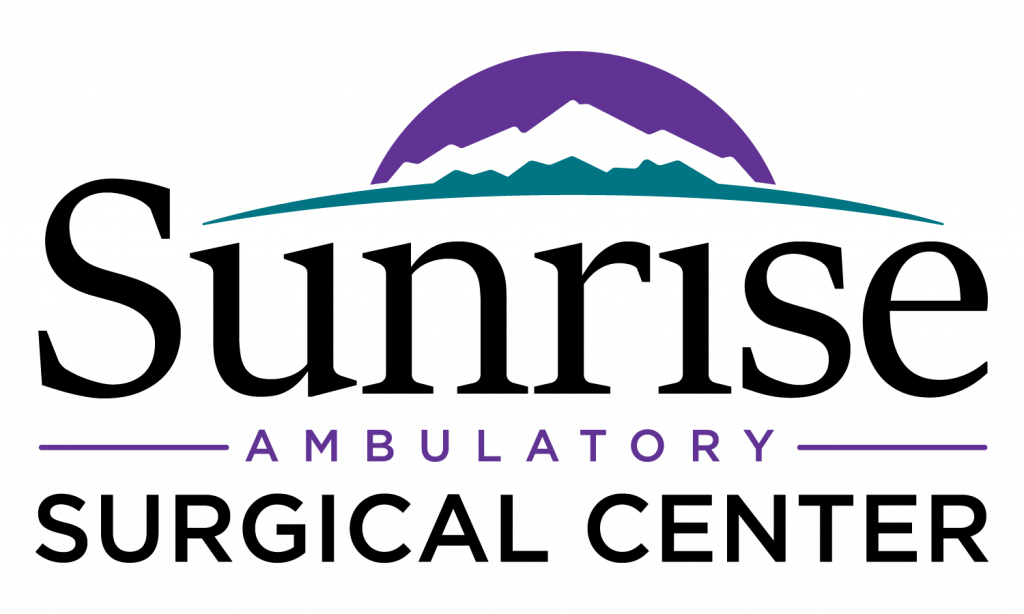Make a Comprehensive Eye Exam Top Priority as the Year Ends

Even though an eye exam takes less than an hour, the most common excuse for not going to the eye doctor is being too busy. A yearly eye exam is one of the best things you can do for your health, but many Americans are not current with their preventive vision care.
The truth is that everyone can make time to get their eyes checked. In the time it takes to watch a sitcom or crime drama, you can visit a board-certified ophthalmologist who can help determine whether you have a degenerative eye disease.
Common eye diseases and conditions
In the time it takes for you to grocery shop or get your tires rotated, your ophthalmologist can screen for common eye diseases. Early detection of eye conditions like cataracts, glaucoma and age-related macular degeneration can prevent eye damage and preserve vision.
Cataracts are the leading cause of vision loss in people 55 and older, and most people will develop a cataract sometime during adulthood. Glaucoma refers to a family of eye diseases that affect the optic nerve and can develop without warning signals. Age-related macular degeneration affects about 5 percent of adults 65 or older and affects central vision needed for driving and reading.
The cost of skipping an eye exam
According to the Centers for Disease Control and Prevention (CDC), 93 million Americans are at risk for significant vision loss, but only half visited their eye doctor in the past year. You may think it’s not a problem if you skip your comprehensive eye exam, but you may want to think again. Here are some health concerns if you delay preventive eye care.
- You could be putting your safety at risk. Often, our eyes are our first line of defense and can keep us from falling or getting into a car accident.
- You could miss an important health diagnosis. Your eyes offer a window into your overall health. Sometimes ophthalmologists can detect chronic health conditions like hypertension, diabetes, high cholesterol and hormone imbalance.
- You may have undiagnosed allergies. Millions of Americans experience itchy, watery, scratchy eyes during allergy season. Your eye doctor can diagnose eye allergies and provide treatment so you can be more comfortable.
Meeting your deductible can decrease medical costs
Have you met your deductible? Studies show most patients meet their deductible by May, so you might have already met your annual deductible. If this is the case, don’t delay getting an eye exam or scheduling an eye procedure, like cataract surgery. Call your insurance company to verify whether you have met your deductible or are close to meeting it. You can also ask for an estimate of benefits to prepare financially.
Ambulatory surgery centers (ASCs): quality procedures for less
The same procedure may cost much less if you are flexible with where you schedule it. If you need cataract surgery or an eye procedure, it is wise to ask your ophthalmologist about your options for the medical facility you will visit.
An ambulatory surgery center (ASC) is an outpatient facility that offers easy-access, high-quality medical procedures with financial transparency. ASCs can save money because they are usually a fraction of the cost of hospitals. You can also use a flexible spending account (FSA) or health savings account (HSA) to use pre-tax money for your qualified medical expenses. Both of these decisions will result in more cash in your pocket.
Eye exams are worth the investment
Preventive eye care does not have to be time-consuming or expensive. Good vision is a priceless gift, but you need to schedule yearly exams to keep your eyes healthy. Annual comprehensive eye exams can prevent chronic conditions like glaucoma, macular degeneration and cataracts before they impair your vision. If you need cataract surgery, schedule your procedure now and maximize your health benefits. Call today to make an appointment.
